Everyone knows that Apple is working on some form of VR hardware. Journalist Mark Gorman of Bloomberg recently reported that the product could arrive at the end of 2022, or as early as 2023. It's hard to say exactly what Apple will offer at this point. But some analysts point out that it is a virtual reality headset similar to the Oculus Quest, which is made by Facebook, andNow known as Meta. Since the two companies will offer a product with almost the same concept and perception, with a difference in the way they work, will Apple affect a dead product?
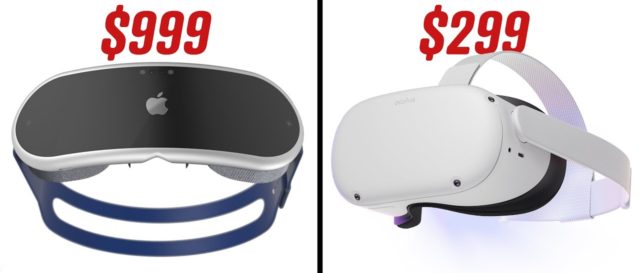
Meta's The Quest, the most popular virtual reality device, is an important part of the strategy laid out by CEO Mark Zuckerberg, who said that "soon there will come a day when we will all have VR glasses strapped to our faces most of the time."
Before the launch of Oculus Quest glasses, and in 2019, Tariq Mansour, director of the iPhone Islam website, wrote an article in which he predicted what is happening now, Read here
There is no doubt that the two companies have very different ideas of why people want to buy their VR headsets. It is unlikely that Apple would have the motivation to make any product that would play a role in Facebook's meta strategy. Gorman previously stated that even the word metaverse was "banned" in Apple.
It is expected that Apple will eventually release a range of AR glasses that allow a complete view of the physical world around you, with the addition of a kind of digital overlay to provide information. We may still have a few years to see this technology in this way, as the first release will focus on things like games, fitness, and shared experiences like FaceTime or SharePlay.
We're not entirely sure of the details at this point, but what's more interesting is the idea that once Apple gets into the game, it could be the end of Facebook, or at least the big impact on it.
That's because Apple has three things that put it in a unique position to not only compete with Facebook but also pose an existential threat to its plan to take over Metaverse.
Who has the technology to make metaverses?
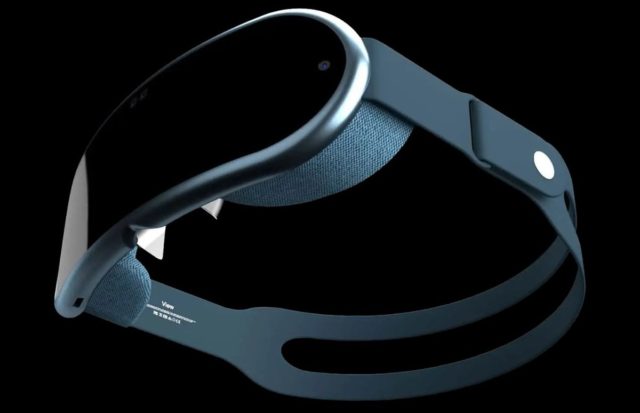
Perhaps the biggest problem with Facebook's view of metaverse is that it doesn't have the good expertise it would need to service it, but in contrast, Apple is far superior in software and hardware.
As well as the urgency in providing a product that is not comprehensive and has many shortcomings and shortcomings, in exchange for focusing heavily on the way the user wants to use the technology and then integrate it into this product, as in the case of Apple, so we find that it is late in issuing some features, until it comes out in the form A requirement that perfectly meets people's needs.
OS
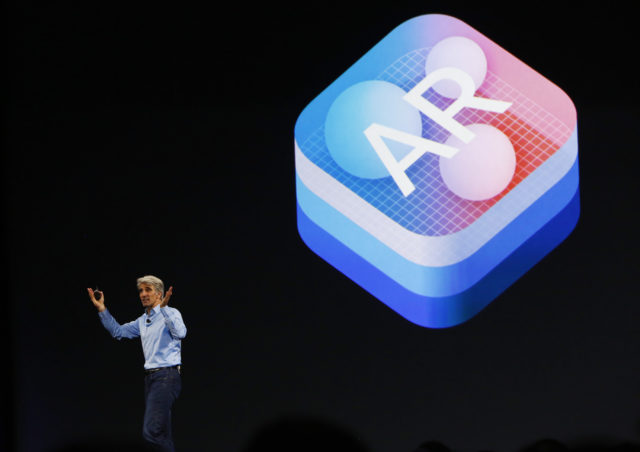
There is no doubt that the Facebook application has a very large software base. The same is the case with Instagram and WhatsApp. Meta relies mainly on these three applications, and therefore it relies on the idea that it has a huge audience of users and counts on them a lot.
On the other hand, we find that Apple has a wide audience as well. There are about 1.5 billion iOS devices in use today which is a pretty decent norm, compared to the XNUMX billion active users on Facebook.
On the other hand, Apple already has a software base for the VR platform and is constantly developing it, while Facebook has been busy trying to buy any VR software company, and Apple already owns Apple Arcade and Fitness+. While neither of these things are a huge hit on their own, they are definitely a good start.
This is a video that shows Apple's progress in the field of augmented reality, which is developed by an independent person, so how about when these software packages are used by giant companies.
Confidence
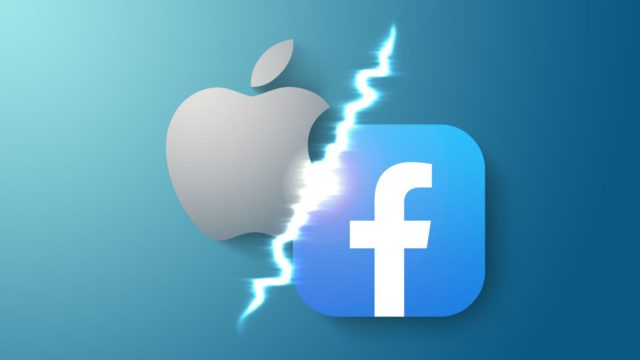
This is the important factor, given it, we find that there is a large trust gap between the two companies. Frankly, we find that most users do not trust Facebook. In a recent poll conducted by the popular website The Verge, 56 percent of people said they do not trust Facebook, and that their personal information is not in safe hands. Only 36% believe that the company has an overall positive impact on society. For Apple, more than 61% trust it.
This is a big gap, as Facebook's vision requires that it will provide a more comprehensive Internet, and the user must spend most of his time wearing virtual reality glasses, using the Facebook program, and thus he presents himself and most of his time and most of his thinking and behavior on that platform, which will be directly aware of all these actions.
It is known that the most valuable thing for any company is the factor of trust, a factor that Facebook sorely lacks.
Apple also doesn't need an AR/VR headset to keep it going, but Facebook has staked everything on the idea that people will be wearing VR glasses all day for everything from entertainment, to work, to school, to connecting with different people.
Perhaps AR glasses will one day replace the iPhone. And if so, Apple's plan is to sell it to you. And if it succeeds, this will inevitably negatively affect several companies, especially Facebook.
Source:
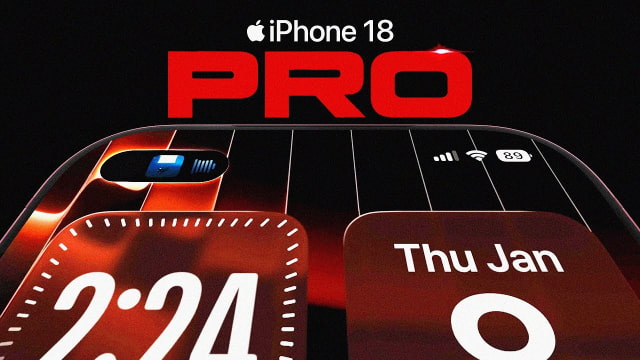


7 comment